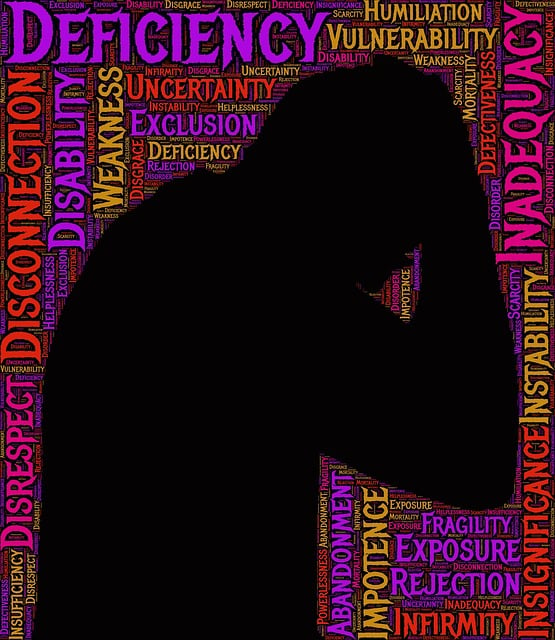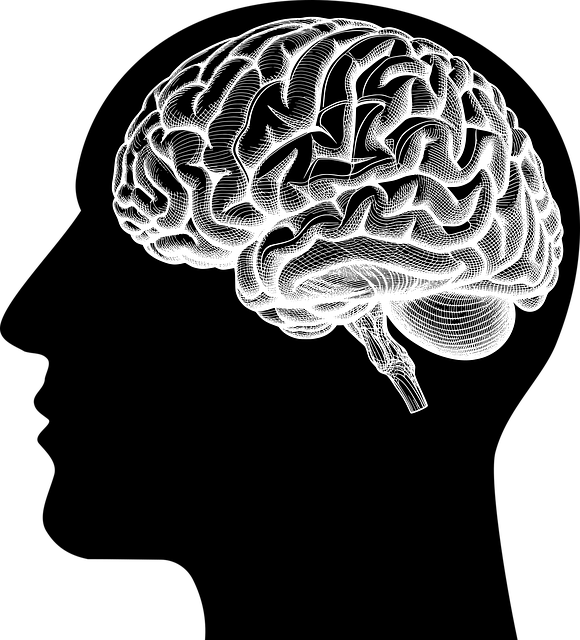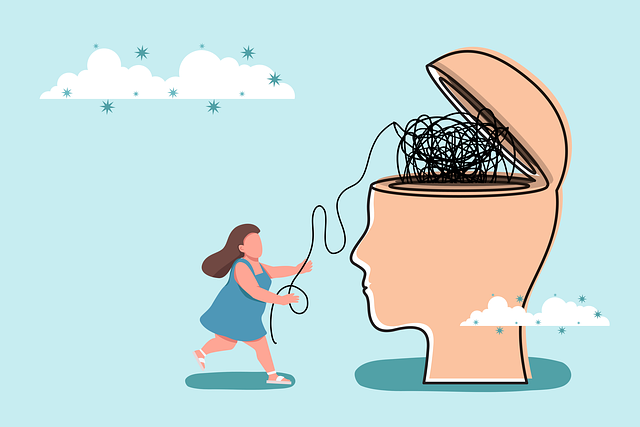In Littleton, specialized mental health evaluations and therapy provide crucial support for individuals dealing with loss, grief, and bereavement. Skilled therapists navigate complex emotions through evidence-based practices like mindfulness meditation, addressing stages of denial, anger, bargaining, depression, and acceptance. These evaluations empower tailored treatment plans, fostering resilience, coping strategies, and overall mental health restoration. By prioritizing risk management and burnout prevention, Littleton Mental Health Evaluations Therapy ensures effective support for both clients and practitioners.
Loss, grief, and bereavement can profoundly impact our lives, making it essential to understand these processes and seek support. This article delves into the depths of these complex emotions, offering insights on how counseling can navigate these difficulties. We explore the role of therapy, specifically highlighting Littleton Mental Health Evaluations as a resource for unlocking supportive treatment. By understanding effective strategies for healing and recovery, individuals can find solace and move forward.
- Understanding Loss, Grief, and Bereavement: A Deep Dive
- The Role of Counseling in Navigating Difficulties
- Littleton Mental Health Evaluations: Unlocking Supportive Therapy
- Effective Strategies for Healing and Recovery
Understanding Loss, Grief, and Bereavement: A Deep Dive

Understanding loss, grief, and bereavement is a deep and complex journey that requires empathy, patience, and specialized knowledge. It involves the emotional process individuals undergo when facing significant life changes due to the death of a loved one. In Littleton, mental health evaluations and therapy play a pivotal role in supporting those navigating these challenging emotions. Professionals skilled in grief counseling can help clients understand their unique experiences, offering tools for coping with loss.
This process is not simply about mourning; it’s a multifaceted experience that includes stages of denial, anger, bargaining, depression, and eventually acceptance. Mental health professionals, through evidence-based practices, facilitate this journey by incorporating techniques like mindfulness meditation to enhance self-awareness and promote healing. Effective risk management planning for mental health professionals is crucial, especially when addressing the high-risk nature of grief-related issues that can lead to burnout if not properly addressed.
The Role of Counseling in Navigating Difficulties

Counseling plays a pivotal role in helping individuals navigate the intricate landscape of loss, grief, and bereavement. In the face of profound emotional challenges, professional therapy offers a safe space to process complex feelings, fostering healing and resilience. Trained therapists utilize evidence-based approaches tailored to each person’s unique journey, providing invaluable support during this difficult time. By delving into these intricate emotions, individuals can begin to understand and manage their experiences, allowing them to adapt and find meaning amidst adversity.
In the context of Littleton Mental Health Evaluations and Therapy, counselors are equipped to address not only the immediate impact of loss but also the long-term effects on mental well-being. This comprehensive approach, encompassing elements of Mental Health Policy Analysis and Advocacy, ensures that individuals receive tailored support. Moreover, by prioritizing burnout prevention, counseling services contribute to building resilience, enabling folks to navigate life’s challenges with greater equanimity, even in the wake of profound grief. Trauma Support Services, integrated within these practices, further enhance recovery, demonstrating a holistic commitment to client care.
Littleton Mental Health Evaluations: Unlocking Supportive Therapy

In navigating loss, grief, and bereavement, Littleton Mental Health Evaluations offer a crucial step toward unlocking supportive therapy. These comprehensive assessments are designed to delve into an individual’s emotional state, mental health history, and specific challenges related to their loss. By providing insights into psychological well-being, the evaluations enable therapists to tailor treatment plans that address unique needs, be it managing stress, improving social skills, or offering crisis intervention guidance.
Through this process, individuals gain access to evidence-based strategies for coping with grief, fostering resilience, and enhancing overall mental health. By integrating the insights from Littleton Mental Health Evaluations into therapeutic practices, professionals can offer more targeted and effective counseling, ultimately supporting those in their journey toward healing and restoration.
Effective Strategies for Healing and Recovery

Healing from loss can be a challenging journey, but there are effective strategies to aid in recovery. One crucial aspect is professional support through counseling or therapy, which provides a safe and non-judgmental space for individuals to process their grief. Therapists skilled in bereavement can help clients navigate their emotions, develop coping skills, and adapt to life changes.
In Littleton, mental health evaluations play a vital role in understanding the severity of depression prevention among those experiencing bereavement. Therapy sessions often focus on encouraging open communication, teaching relaxation techniques, and promoting self-care practices. By combining these approaches, individuals can work through their grief while also fostering resilience and improving overall mental well-being. Additionally, counseling can help reduce the stigma associated with mental illness, empowering people to seek support without fear of judgment.
Loss, grief, and bereavement counseling are vital tools in helping individuals navigate the complex emotions that follow a significant loss. By understanding these processes, seeking professional support through evaluations like those offered by Littleton Mental Health, and employing effective healing strategies, one can find solace and eventually heal. These resources empower folks to transform their sorrow into manageable pain, fostering resilience and a renewed sense of hope.












